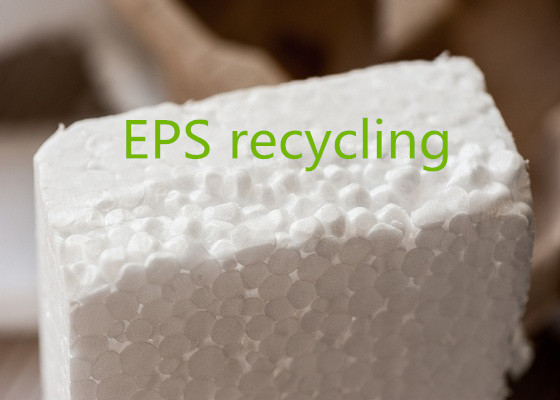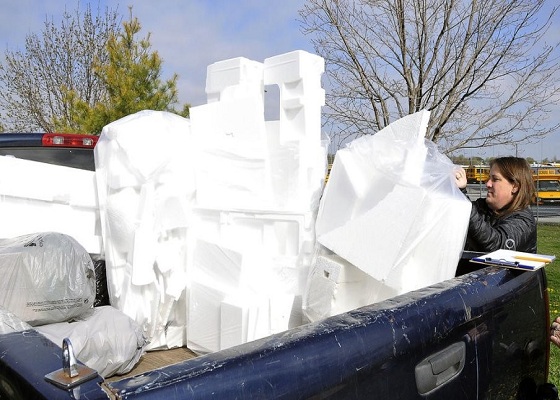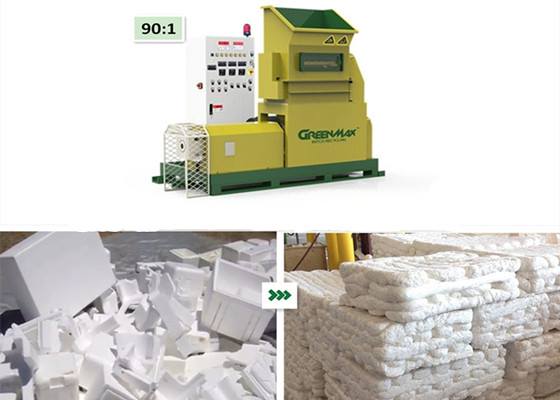EPS recycling has become more important with enhanced recycling awareness
The most common form of plastic #6 is actually referred to EPS, expanded polystyrene foam. In addition to the most common applications as packaging materials and building insulation, recycled EPS has been found to be flood control and for use in biodiesel engines as well. From these aspects, EPS recycling seems to be more important.

There are a variety of ways for EPS recycling, but most of which have been proved to be ineffective. The reason why we initially decided to recycle EPS can be summed up in two words-common sense. As a natural hydrocarbon, EPS has the ability to be recycled an innumerable amount of times, and this recycled material can be used as a raw material for new products, which is benefit for both the environment and the industry development.

What we want to see is that people actively participate in EPS recycling, rather than forced roadside garbage cans laws and regulations, so that education is always the best option. For years, schools have been involved in recycling education. As a result, EPS recycling has been attached more importance in recent years.

According to the data of EPS Industry Alliance, recycled EPS has surpassed 93 million pounds globally and more than half of the EPS used in landfills before is now used to produce recycled packaging materials and many other new foam products.
It is common to realize EPS recycling programs in schools, these achievements owes partly to the application of EPS recycling machine. In America, EPS melting by a foam densifier is popular for some recyclers and manufacturers, the melted EPS can save storge space for 90 times, and the transportation is much easier as well.

With the recycling awareness being enhanced, it is believed that the EPS recycling industry will be greatly developed.
